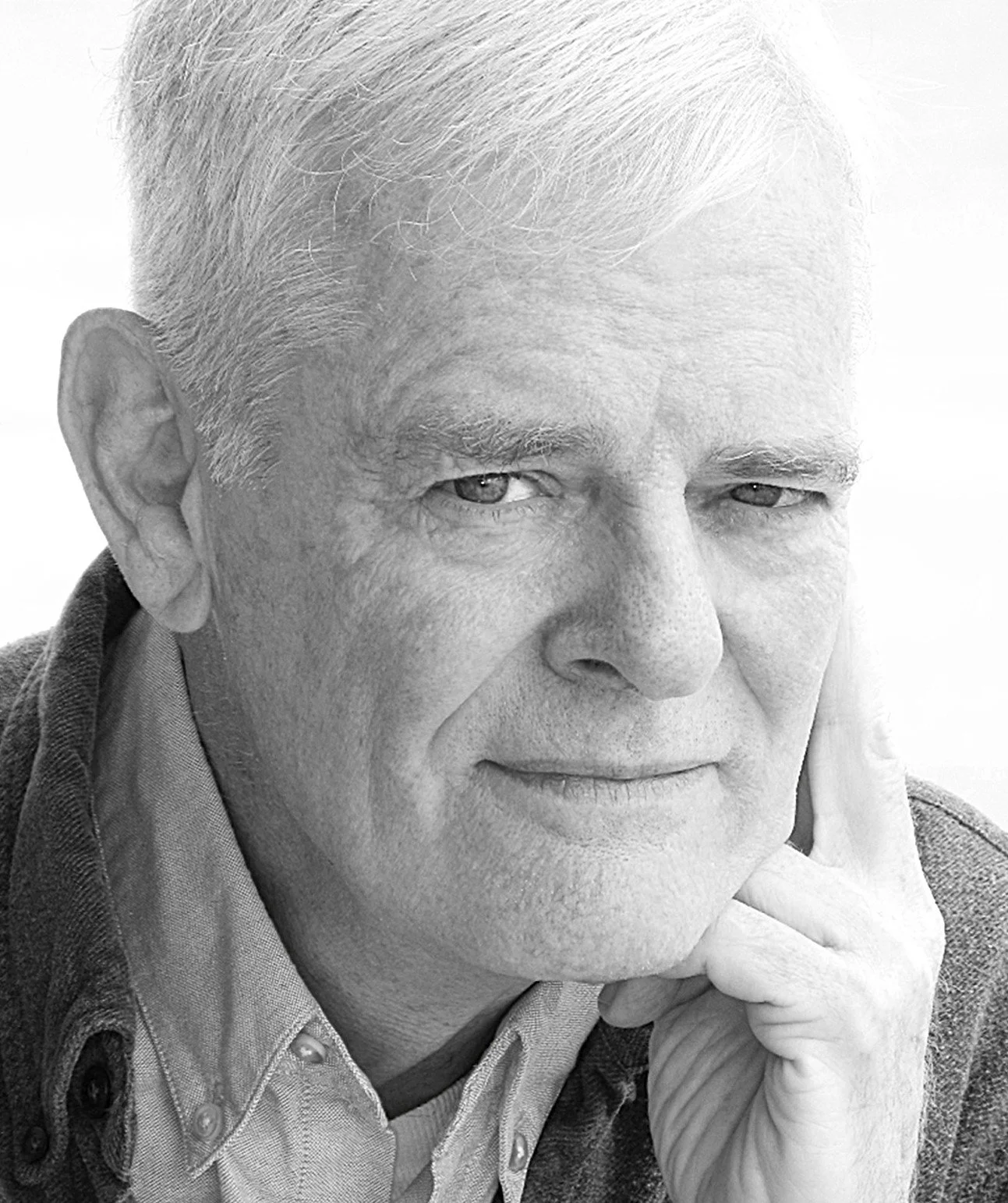PAUL MORRISSEY
(23 February 1938 – 28 October 2024)
Andy Warhol rarely directed films himself but acted as a sort of conduit through which other artists could work. One such colleague was the writer and director Paul Morrissey, who has died from pneumonia at the age of 86. Although Warhol’s name may have been attached to The Factory’s output, it was Morrissey who directed and wrote most of the films. Morrissey was born in Manhattan to an Irish-Catholic family, grew up in Yonkers and was educated at Fordham Prep School and University. After US Army service he moved to the East Village and in 1960 opened the Exit Gallery and Cinematheque, showing current art works and underground films and documentaries. He screened Icarus, Brian De Palma’s first film, as well as his own short silent comedies.
Morrissey met Warhol in 1965 at his own retrospective collection of art and Warhol invited him to help with Space, a film about a gathering of unconventional figures – druggies, hustlers and drop-outs, talking, eating and singing, the sort of people Warhol attracted. Morrissey managed Warhol’s affairs and planned his projects including working with The Velvet Underground and looking after Interview, the magazine Morrissey launched for Warhol. This also led to further films. My Hustler had the subtitle of ‘Sin in the Summer on Fire Island’ with Paul America, a professional hustler. The Velvet Underground and Nico: A Symphony of Sound showed the band with Lou Reed and Sterling Morrison on electric guitars and Nico on maraca and tambourine. More Milk, Yvette was a tribute to Lana Turner.
Most of their films ran for over an hour, although Chelsea Girls filmed at the Chelsea Hotel and elsewhere in New York was over three hours long, while Four Stars, shot in colour and projected on two screens, ran for 25 hours. Lonesome Cowboys (1968) was the last film to be made by Warhol and Morrissey together. Warhol luminaries included Viva, Taylor Mead, Louis Waldon, Eric Emerson and former hustler Joe Dallesandro who became the star of Morrissey’s later films. In 1968, while Warhol was recovering from the attack on his life by the radical feminist Valerie Solanas, Morrissey directed his first solo feature, Flesh. Dallesandro starred as a hustler trying to raise money for a girlfriend’s abortion. It was a great success (particularly in Germany) and was the first of his Dallesandro trilogy. Trash had the transgender actress Holly Woodlawn playing a girlfriend of Joe’s heroin addict. The film was quite graphic in depicting the needle-work with Joe overdosing. George Cukor suggested that Holly be nominated for an Oscar but he was overruled by Gregory Peck who claimed the Academy would not know whether she was up for best actor or best actress. Heat was a satire on Hollywood with Dallesandro, Sylvia Miles and Andrea Feldman. Warhol saw it as a parody of Sunset Boulevard with Joe, a former child star, on the hustle offering sex in place of rent. In 1971 Morrissey wrote and directed Women in Revolt, a satirical view of female activists such as Valerie Solanas of SCUM, the Society for Cutting Up Men. It featured Warhol regulars Candy Darling, Jackie Curtis, Holly Woodlawn et al. The working title had been P.I.G.S. for Politically Involved Girls. Although the Warhol/Morrissey films were never given very positive reviews, the movies themselves seemed to find an audience.
Morrissey left The Factory in 1973 to work in Italy. His first film there was Flesh for Frankenstein, adapted by Morrissey from the Mary Shelley novel. It was a loose translation involving Udo Kier as the Baron, Monique van Vooren as the Baroness and Joe Dallesandro as Nicolas, a randy stableboy. Carlo Ponti was co-producer and he also became involved in Morrissey’s Blood for Dracula. Both were shot at Cinecittà in Rome with similar casts – Udo Kier as the Count and Dallesandro as Mario the worker. It also featured appearances by Vittorio De Sica and Roman Polanski, whose idea it was, as an extra. Their success allowed Morrissey to leave The Factory and work on another horror, The Hound of the Baskervilles with Peter Cook and Dudley Moore, but the result was not popular, with Cook as Holmes and Moore as Watson (and Mr Spiggot, Mrs Ada Holmes and a Piano Player).
On his return to New York, Morrissey made a few more features, including Madame Wang’s with Virginia Bruce, Forty Deuce (Kevin Bacon’s film debut), Beethoven’s Nephew with Jane Birkin and Nathalie Baye, Spike of Bensonhurst with Sasha Mitchell, Ernest Borgnine and Sylvia Miles, a documentary on Veruschka von Lehndorff and finally News from Nowhere (2010), his last film, with a cast including Viva. It told of an immigrant to the US who ends up as a caravan caretaker. The film never seems to have surfaced enough to be reviewed by anyone, although it premiered at the Lincoln Centre in New York.
MICHAEL DARVELL

